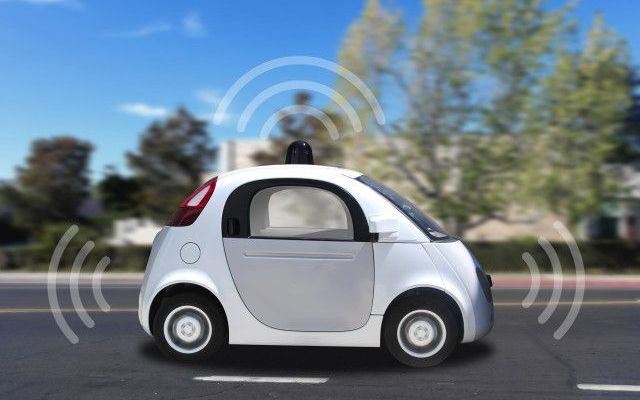
There appears to be a three-pronged race on between Europe, the US and China as to who can outpace each other in autonomous driving.
As we’re sure you are aware, any technological innovation is welcome by us here at Comms Towers, but the thought of driverless cars still leaves us a little hesitant.
Only recently the man leading the charge, Elon Musk has taken to social media to express his dismay of the media’s reports of Tesla’s progress.
“Problem is journos are under constant pressure to get max clicks & earn advertising dollars or get fired,” Mr Musk tweeted.
“Tricky situation, as Tesla doesn’t advertise, but fossil fuel companies & gas/diesel car companies are among the world’s biggest advertisers.”
His company have been the subject of many unfavourable news reports, which we have to be honest and say we haven’t centred in. We’d much rather concentrate on the innovation side of things.
Is it just us though who cannot get our heads around a sea of driverless cars on the road? Like some sci‐fi prophecy, but they always seem to end in a rather tricky situation!
Uber recently paused their Arizona driverless car programme. However, the ride‐hailing company said it hopes to resume self‐driving tests in Pennsylvania this summer.
The firm said it was committed to self‐driving technology and “looked forward to returning to public roads”.
Apple, one of the early innovators, are still pushing ahead and recently signed a deal with Volkswagen to turn some of the car maker’s new T6 Transporter vans into Apple’s self‐driving shuttles for employees.
Meanwhile, China’s Ministry of Industry and Information Technology (MIIT) has released national guidelines for smart internet-connected cars, giving local authorities a free hand to arrange road tests for autonomous vehicles.
“Developing smart internet connected cars has great significance to China,” said Xin Guobin, vice minister of MIIT. “The US, Europe, and Japan have all made smart cars an important focus.”
“Local authorities can arrange road tests based on their specific conditions and coordinate all parties more conveniently,” said Xin. “Enhancing transportation safety and substantially bringing down accidents should be the priority for smart cars. Safety is not only a premise but also a bottom line.”
Here in the UK, the belief is that research from university‐linked start‐ups and relaxed regulation will be key. One such start‐up Wayve is building what it describes as “end‐to‐end machine learning algorithms” to make autonomous vehicles a reality, an approach it claims is different from much of the conventional thinking on self‐driving cars.
So it would appear the future is driverless and we need to go and have a lay down and get our head around it!
Until next time…
